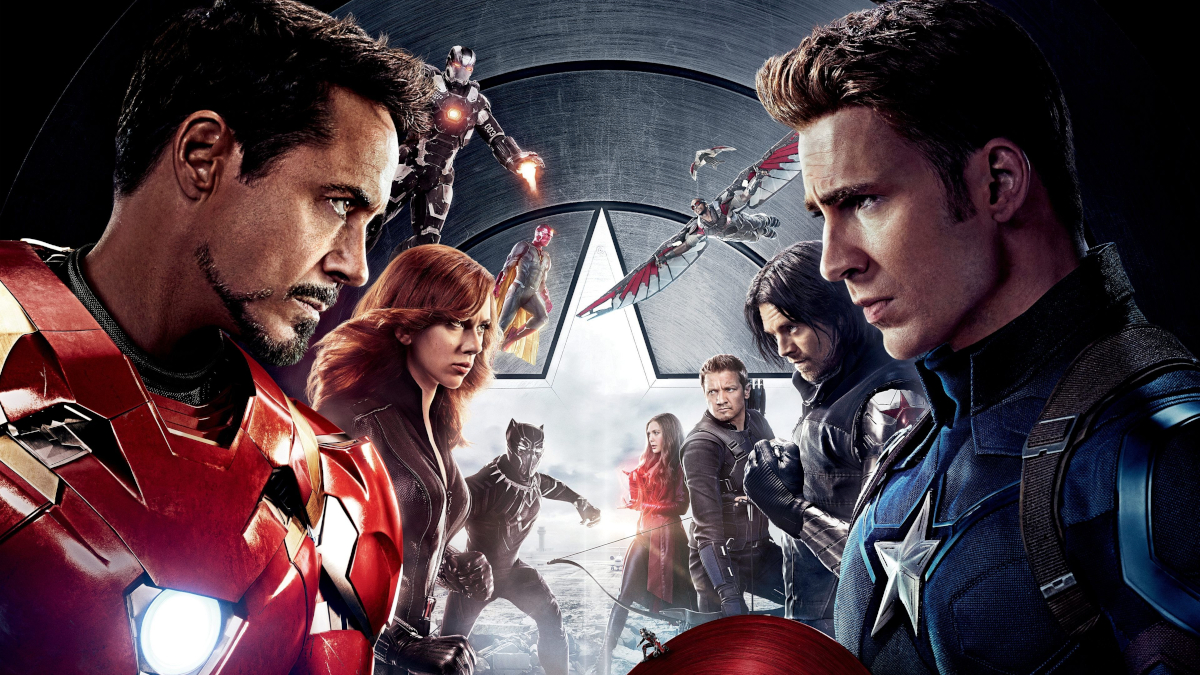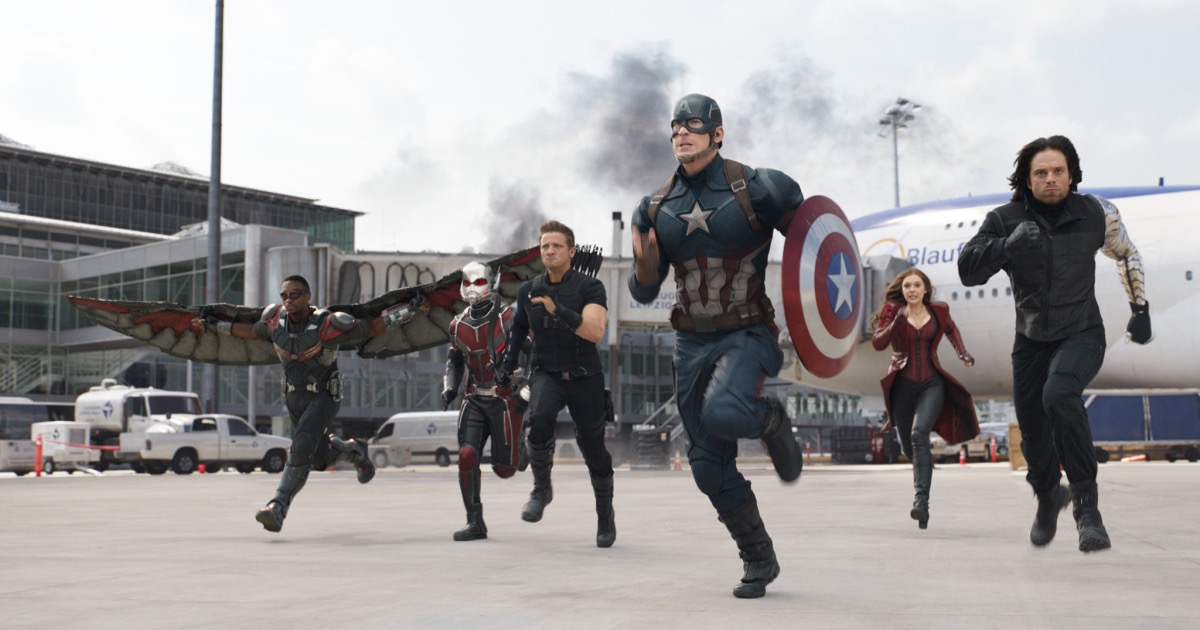
In the Marvel Cinematic Universe, situations are seldom black-and-white. The powers that be often leave room for debate about who’s right and who’s wrong. The latest moral dilemma arises with the New Avengers, assembled by Valentina Allegra de Fontaine following her Sentry project’s failure in Thunderbolts. As Sam Wilson is also assembling his own team of Avengers, both groups are engaging in a power struggle over who rightfully bears the name. The outcome remains uncertain, but Sam and Bucky Barnes aren’t the first heroes in the MCU to find themselves on opposing sides. That distinction belongs to the two most significant characters in the franchise’s history.
In “Captain America: Civil War,” Steve Rogers and Tony Stark clash due to their contrasting opinions on the Sokovia Accords, a set of regulations aimed at preventing the Avengers from taking individual action when a global catastrophe occurs. The film sparks thought-provoking debates about both sides’ viewpoints. However, by the end of their long-standing conflict, it becomes apparent which team stands morally superior over the years.
Captain America: Civil War Tore the MCU Apart

In the movie “Avengers: Age of Ultron,” Earth’s mightiest superheroes emerge victorious, annihilating the menacing villain Ultron and rescuing the citizens of Sokovia. Following this triumph, Captain America and Black Widow are content enough to establish a fresh team consisting of Hawkeye, Hulk, Thor, and Iron Man. However, this new Avengers squad is not as effective as the original one, and they participate in a mission in Lago that results in numerous casualties. This tragic event provides the impetus for the United Nations to propose the Sokovia Accords, which Thaddeus Ross presents to the heroes of the Marvel Cinematic Universe (MCU). A heated debate ensues immediately after the presentation, with Steve expressing his concerns that government oversight may do more harm than good. Feeling remorseful about his role in Sokovia, Tony supports this viewpoint from the outset and manages to sway a few more individuals to his side.
The situation gradually calms down until an individual resembling Bucky Barnes detonates a bomb at a United Nations conference in Vienna, causing chaos. Immediately, Captain America springs into action, but due to not having signed the accords, he is considered a criminal by the authorities. In the ensuing confusion, Helmut Zemo, a resident of Sokovia, releases the Winter Soldier and departs for Siberia. Once again prioritizing his former best friend, Steve saves Bucky before engaging in a battle against Team Iron Man and pursuing Zemo. Coincidentally, around the same time, Tony discovers Zemo’s true intentions and rushes to assist. However, this turns out to be a trap that ultimately reveals Bucky’s responsibility for the deaths of Howard and Maria Stark. Upon learning about Steve’s knowledge of this fact, Tony becomes enraged, leading to a large-scale confrontation. Unfortunately, this fierce battle tends to overshadow the central debate within the movie, “Civil War,” as it consumes an excessive amount of screen time.
Tony Stark Isn’t Even Team Iron Man By the End

When Tony chooses to travel to Siberia despite a clear command from Ross, it’s as if he disregards authority, earning him a comparison to Steve’s law-breaking behavior. Subsequently, Iron Man and Captain America struggle to find common ground, leading them to vent their anger instead of approaching the situation rationally. The confrontation between Bucky, Steve, and Tony serves as a shaky foundation for Team Iron Man, but it doesn’t last long. After resolving their conflict and freeing everyone from the Raft, Tony never pursues his former friend or urges Ross to take action. Even in critical situations like Avengers: Infinity War, Tony continues to disregard Secretary Ross’s calls, with Rhodey following suit when Team Iron Man is needed to save the world.
By the end of their battle against Thanos, feelings have been hurt but no one dwells on past grievances to score points. Instead, it’s evident that Tony Stark regrets pushing through the Sokovia Accords and wishes he could make amends. Captain America too acknowledges his mistakes, and in the culmination of Avengers: Endgame, they choose to put their differences aside. The events of Civil War serve as a thought-provoking conversation about superheroes and their role in society. However, the broader Marvel Cinematic Universe disputes its message, portraying Team Iron Man as a group that lacks understanding of their true purpose.
Captain America: Civil War is streaming on Disney+.
https://comicbook.com/movies/news/every-character-wield-thor-hammer-mcu-ranked-by-strength/embed/#
Read More
- Sony Removes Resident Evil Copy Ebola Village Trailer from YouTube
- Best Controller Settings for ARC Raiders
- Ashes of Creation Rogue Guide for Beginners
- Can You Visit Casino Sites While Using a VPN?
- One Piece Just Confirmed Elbaph’s Next King, And He Will Be Even Better Than Harald
- Crunchyroll Confirms Packed Dub Lineup for January 2026
- The Night Manager season 2 episode 3 first-look clip sees steamy tension between Jonathan Pine and a new love interest
- Michael B. Jordan Almost Changed His Name Due to NBA’s Michael Jordan
- Lies of P 2 Team is “Fully Focused” on Development, But NEOWIZ Isn’t Sharing Specifics
- 40 Inspiring Optimus Prime Quotes
2025-08-17 17:21